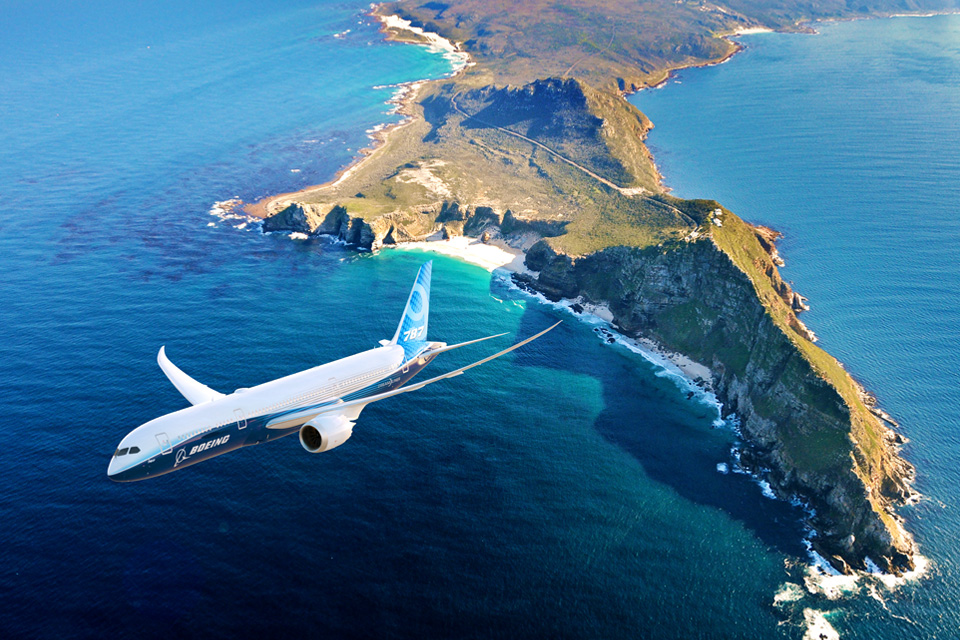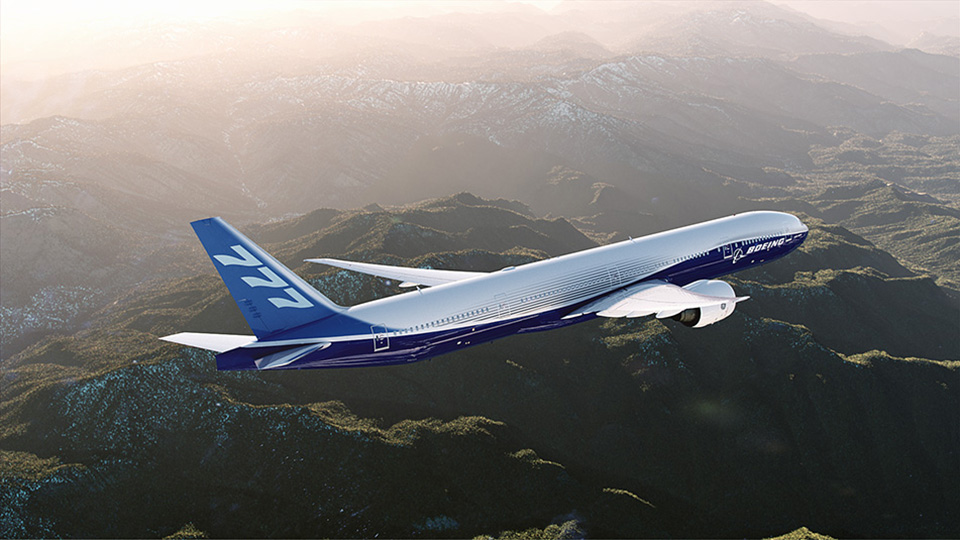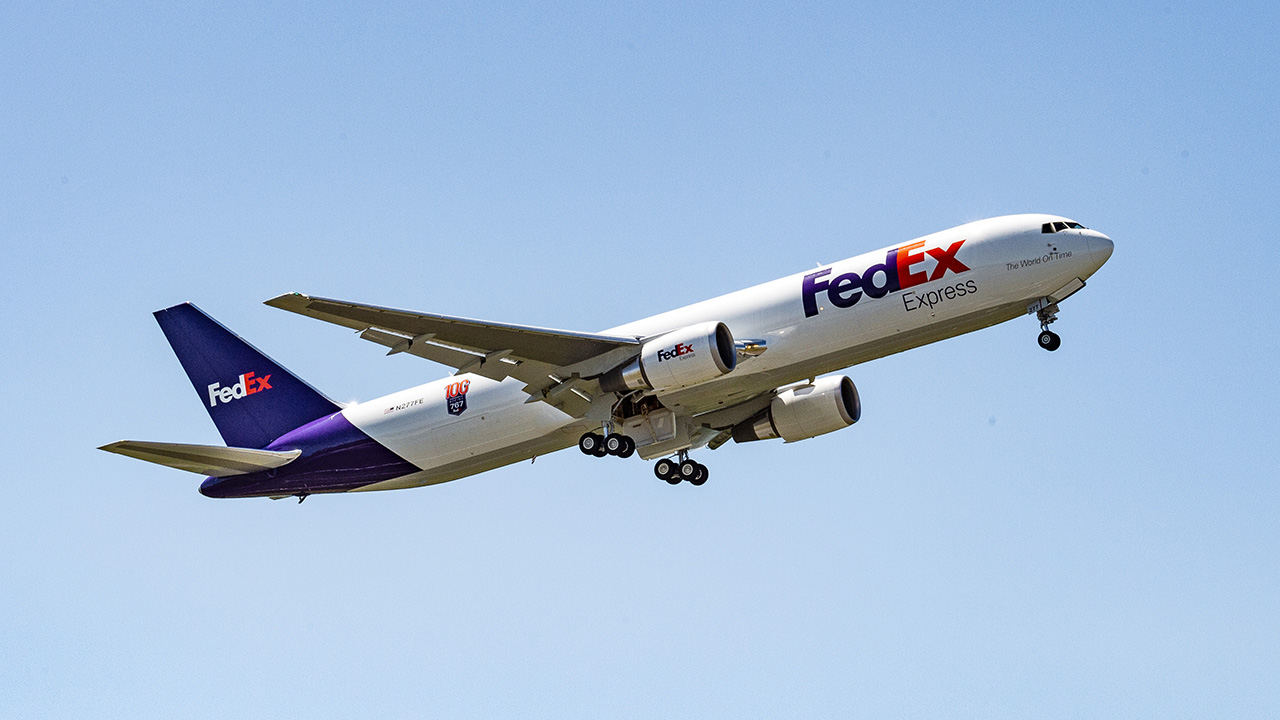
 Boeing has projected a significant surge in global aviation workforce requirements, estimating that nearly 2.4 million new aviation professionals will be needed over the next 20 years. The forecast was presented in Boeing’s 2025 Pilot and Technician Outlook (PTO), released during the EAA AirVenture Oshkosh event. The projection reflects the industry’s response to growing air travel demand, particularly from emerging markets and evolving commercial fleet structures. According to Boeing, maintaining and expanding the global commercial fleet through 2044 will require approximately 660,000 new pilots, 710,000 maintenance technicians, and 1,000,000 cabin crew members. A substantial portion of this demand—about two-thirds—is attributed to replacement needs due to attrition, while the remaining one-third stems from growth in the commercial fleet. Single-aisle aircraft continue to be the main driver of this personnel demand.
Boeing has projected a significant surge in global aviation workforce requirements, estimating that nearly 2.4 million new aviation professionals will be needed over the next 20 years. The forecast was presented in Boeing’s 2025 Pilot and Technician Outlook (PTO), released during the EAA AirVenture Oshkosh event. The projection reflects the industry’s response to growing air travel demand, particularly from emerging markets and evolving commercial fleet structures. According to Boeing, maintaining and expanding the global commercial fleet through 2044 will require approximately 660,000 new pilots, 710,000 maintenance technicians, and 1,000,000 cabin crew members. A substantial portion of this demand—about two-thirds—is attributed to replacement needs due to attrition, while the remaining one-third stems from growth in the commercial fleet. Single-aisle aircraft continue to be the main driver of this personnel demand.  Chris Broom, Vice President of Commercial Training Solutions at Boeing Global Services, emphasized the importance of workforce development in sustaining global fleet operations. He noted that as commercial air traffic continues to outpace economic growth, ensuring safe and efficient fleet operations will depend on skilled aviation professionals. Boeing is supporting this global need through investments in advanced training technologies, including mixed reality—an immersive integration of physical and digital environments that enhances learning experiences and situational awareness. Broom further explained that Boeing’s training programs are underpinned by a competency-based training and assessment methodology, ensuring high-quality and adaptable aviation education for diverse customer needs worldwide. This approach is essential as airlines and service providers face rising pressure to hire and train personnel capable of maintaining complex aircraft systems and delivering exceptional service. Regionally, the PTO shows that more than half of the projected personnel demand will come from Eurasia, China, and North America, reaffirming their roles as dominant aviation markets. South Asia and Southeast Asia, however, are expected to see the fastest growth rates in staffing needs, with demand in these regions projected to more than triple over the next two decades. These trends reflect expanding fleets and increasing air connectivity across developing economies.
Chris Broom, Vice President of Commercial Training Solutions at Boeing Global Services, emphasized the importance of workforce development in sustaining global fleet operations. He noted that as commercial air traffic continues to outpace economic growth, ensuring safe and efficient fleet operations will depend on skilled aviation professionals. Boeing is supporting this global need through investments in advanced training technologies, including mixed reality—an immersive integration of physical and digital environments that enhances learning experiences and situational awareness. Broom further explained that Boeing’s training programs are underpinned by a competency-based training and assessment methodology, ensuring high-quality and adaptable aviation education for diverse customer needs worldwide. This approach is essential as airlines and service providers face rising pressure to hire and train personnel capable of maintaining complex aircraft systems and delivering exceptional service. Regionally, the PTO shows that more than half of the projected personnel demand will come from Eurasia, China, and North America, reaffirming their roles as dominant aviation markets. South Asia and Southeast Asia, however, are expected to see the fastest growth rates in staffing needs, with demand in these regions projected to more than triple over the next two decades. These trends reflect expanding fleets and increasing air connectivity across developing economies.  The detailed regional forecast anticipates that China will need 124,000 pilots, 131,000 technicians, and 171,000 cabin crew, totaling 426,000 personnel. Eurasia leads all regions with a projected need for 550,000 professionals, while North America closely follows with 435,000. Southeast Asia is expected to require 243,000 aviation professionals, while South Asia will need 141,000. Other regions such as the Middle East, Latin America, and Africa will also contribute to the global demand, with notable increases in training and hiring required to meet operational needs. The 2025 Pilot and Technician Outlook reinforces Boeing’s role not only as a manufacturer and service provider but also as a key contributor to the development of aviation talent. Through advanced, digitally enabled training tools and global partnerships, Boeing continues to support airlines, governments, and institutions in preparing the next generation of aviation professionals. [caption id="attachment_8487" align="alignnone" width="1280"]
The detailed regional forecast anticipates that China will need 124,000 pilots, 131,000 technicians, and 171,000 cabin crew, totaling 426,000 personnel. Eurasia leads all regions with a projected need for 550,000 professionals, while North America closely follows with 435,000. Southeast Asia is expected to require 243,000 aviation professionals, while South Asia will need 141,000. Other regions such as the Middle East, Latin America, and Africa will also contribute to the global demand, with notable increases in training and hiring required to meet operational needs. The 2025 Pilot and Technician Outlook reinforces Boeing’s role not only as a manufacturer and service provider but also as a key contributor to the development of aviation talent. Through advanced, digitally enabled training tools and global partnerships, Boeing continues to support airlines, governments, and institutions in preparing the next generation of aviation professionals. [caption id="attachment_8487" align="alignnone" width="1280"] FedEx Delivery of 100th 767 Flyaway[/caption] To meet this surge in demand, Boeing is investing in digitally advanced training solutions that combine emerging technologies with a rigorous, competency-based training framework. Mixed reality is one such tool that Boeing believes will play a key role in preparing the next generation of aviation professionals, offering immersive and efficient learning environments that enhance both technical and situational understanding. Boeing’s training strategy continues to focus on flexibility and adaptability to regional needs, supporting airline customers with scalable training models and long-term workforce development programs. Boeing is a leading global aerospace company and top U.S. exporter, developing, manufacturing, and servicing commercial airplanes, defense products, and space systems for customers in more than 150 countries. Boeing’s global workforce and supplier base contribute to innovation, economic opportunity, sustainability, and community impact. The company upholds a strong culture based on its core values of safety, quality, and integrity.
FedEx Delivery of 100th 767 Flyaway[/caption] To meet this surge in demand, Boeing is investing in digitally advanced training solutions that combine emerging technologies with a rigorous, competency-based training framework. Mixed reality is one such tool that Boeing believes will play a key role in preparing the next generation of aviation professionals, offering immersive and efficient learning environments that enhance both technical and situational understanding. Boeing’s training strategy continues to focus on flexibility and adaptability to regional needs, supporting airline customers with scalable training models and long-term workforce development programs. Boeing is a leading global aerospace company and top U.S. exporter, developing, manufacturing, and servicing commercial airplanes, defense products, and space systems for customers in more than 150 countries. Boeing’s global workforce and supplier base contribute to innovation, economic opportunity, sustainability, and community impact. The company upholds a strong culture based on its core values of safety, quality, and integrity.Related News from Aerospace Industry